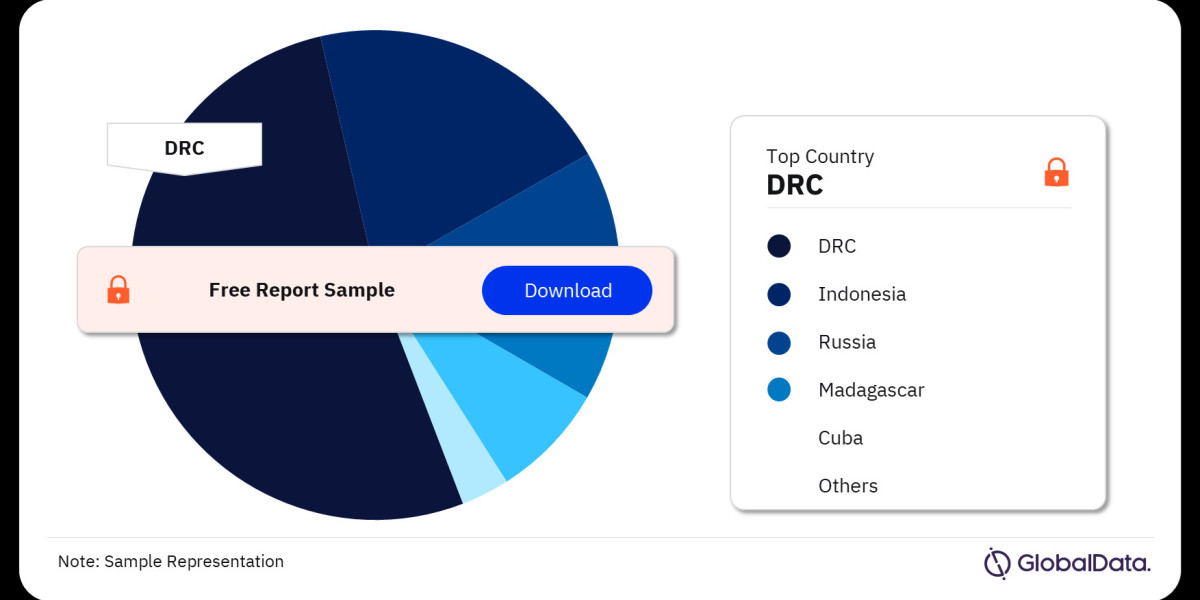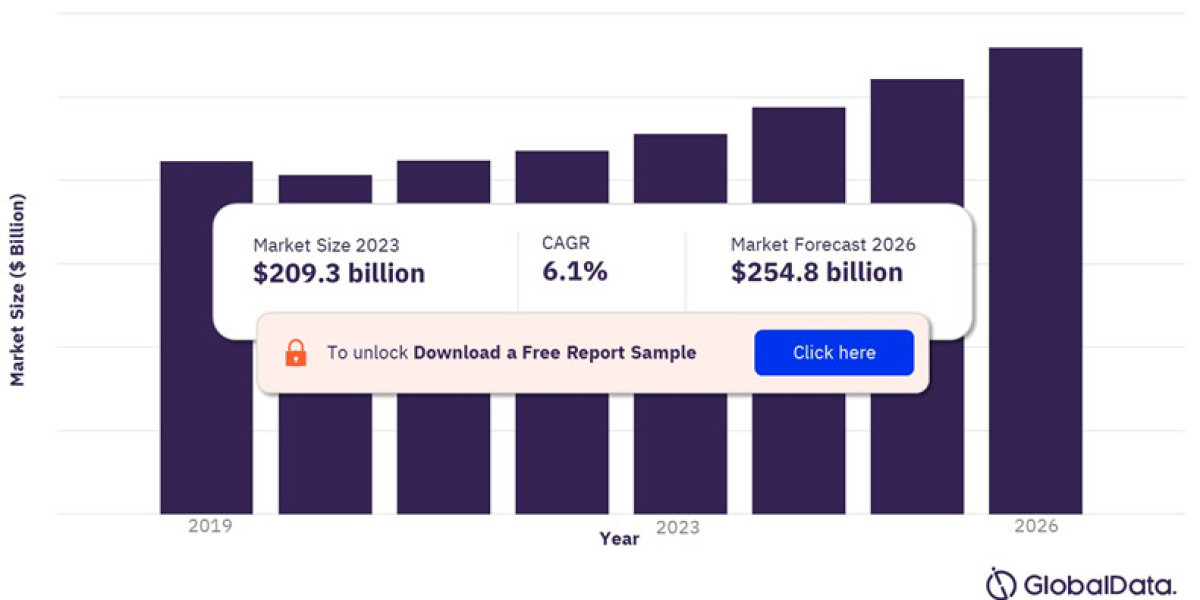Introduction
Cobalt, a silvery-white metal, has emerged as a critical component in the global economy, particularly in the burgeoning electric vehicle (EV) and renewable energy sectors. Its indispensable role in lithium-ion batteries has propelled the cobalt mining market into the spotlight. This article delves into the intricacies of the cobalt mining industry, examining its key players, challenges, and future prospects.
The Cobalt Conundrum: A Vital Mineral
Cobalt's unique properties, such as high electrical conductivity and stability at high temperatures, make it an essential ingredient in lithium-ion batteries. These batteries power everything from smartphones to electric vehicles and energy storage systems. As the demand for these technologies surges, so too does the demand for cobalt.
The Global Cobalt Market Landscape
The cobalt mining industry is concentrated in a few key regions:
- Democratic Republic of Congo (DRC): The DRC is the world's dominant producer of cobalt, accounting for a significant portion of global supply. However, the country faces challenges related to labor rights, environmental concerns, and geopolitical instability.
- Australia: As a stable and politically secure mining jurisdiction, Australia is a major cobalt producer, with a growing focus on sustainable practices.
- Philippines: The Philippines has emerged as a significant player in the cobalt market, benefiting from its rich mineral resources.
- Other Countries: Smaller producers include Canada, Cuba, Madagascar, and Russia, contributing to the overall global supply.
Challenges Facing the Cobalt Mining Industry
The cobalt mining industry is not without its challenges:
- Supply Chain Risks: The concentration of cobalt production in the DRC poses supply chain risks due to geopolitical instability and ethical concerns.
- Environmental Impact: Cobalt mining can have a significant environmental impact, including deforestation, water pollution, and soil erosion.
- Price Volatility: Cobalt prices are subject to fluctuations due to factors such as supply disruptions, demand shifts, and economic conditions.
- Ethical Concerns: The cobalt mining industry has faced criticism over labor practices, particularly in the DRC, where child labor and unsafe working conditions have been reported.
The Role of Sustainability and Ethical Sourcing
In response to growing concerns about environmental and social impacts, the cobalt mining industry is increasingly focusing on sustainability and ethical sourcing:
- Responsible Mining Standards: Industry initiatives and certifications, such as the Responsible Minerals Initiative (RMI), are promoting responsible practices.
- Traceability: Efforts are being made to track cobalt from mine to market to ensure ethical sourcing.
- Recycling and Recovery: Recycling cobalt from end-of-life batteries is becoming a crucial strategy to reduce reliance on primary mining.
- Alternative Battery Technologies: Research and development into cobalt-free or reduced-cobalt battery chemistries are gaining momentum.
The Future of the Cobalt Mining Market
The future of the cobalt mining market is complex and uncertain. Several factors will shape its trajectory:
- EV Adoption: The continued growth of the EV market will drive cobalt demand.
- Battery Technology Advancements: Developments in battery technology, such as solid-state batteries, could reduce cobalt demand.
- Supply Chain Diversification: Efforts to diversify cobalt supply chains will be crucial to mitigate risks.
- Recycling and Recovery: Increased recycling rates will help reduce dependence on primary mining.
- Ethical and Sustainable Practices: The industry's commitment to responsible mining will be essential for long-term success.
Conclusion
Cobalt is an indispensable mineral for the global economy, particularly in the rapidly growing electric vehicle and renewable energy sectors. The cobalt mining industry faces significant challenges related to supply chain risks, environmental impacts, and ethical concerns. However, with a focus on sustainability, responsible practices, and technological advancements, the industry can play a vital role in meeting the world's energy needs while minimizing its environmental footprint.
Buy the Full Report for More Country Insights into The Cobalt Mining Market, Download a Free Report Sample


